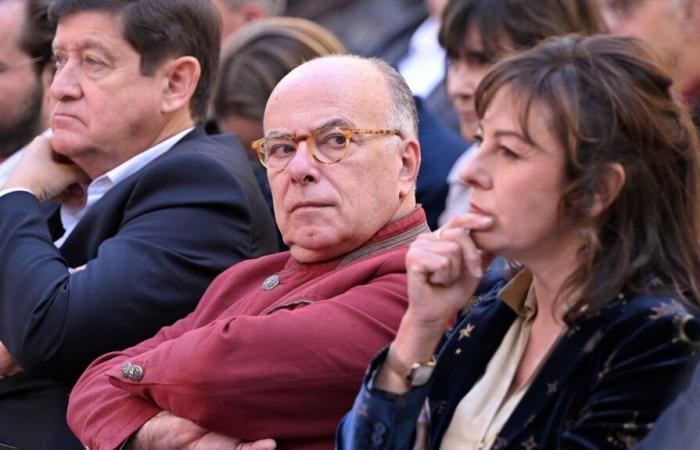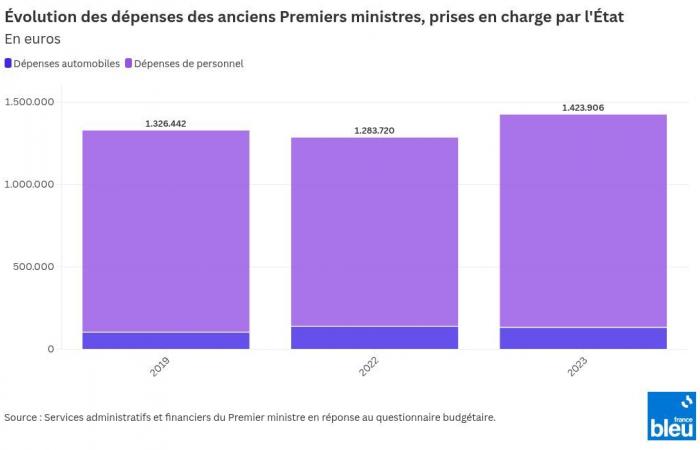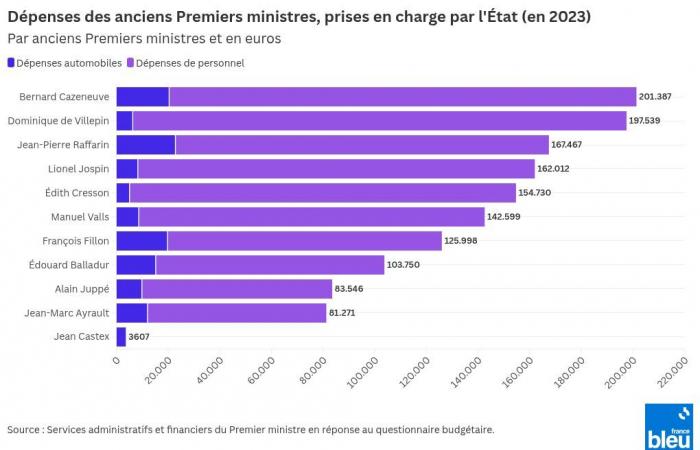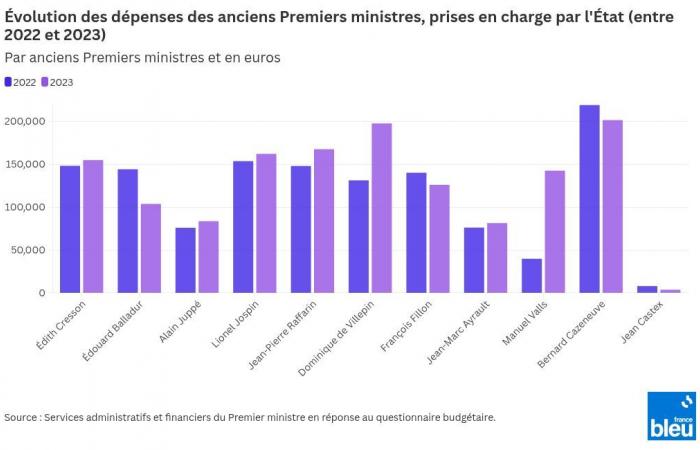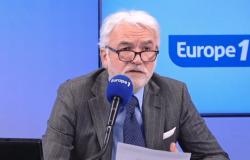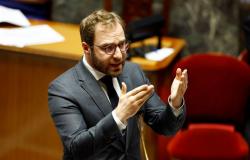What advantages do our former Prime Ministers retain? And how much does it cost the state? The debate returns to the table with the examination of the 2025 budget. The government plans to tighten the screws on spending. Prime Minister Michel Barnier promises 40 billion euros in savings from 2025. To achieve this objective, he particularly wants to reduce “the lifestyle of the State, be more sober, more simple”. The tenant of Matignon clarified Tuesday evening on TF1 that he intended to also ask “an effort” to his predecessors.
Guest of franceinfo on Wednesday, the government spokesperson supported Michel Barnier's approach. Maud Bregeon believes that it “It’s normal for everyone to lead by example” even if, she admits, it is of a “symbolic measure”. Llast year, expenses linked to benefits granted to former prime ministers cost the state 1.42 million euros. An amount up 11% compared to 2022, according to a report established as part of the finance bill for 2025, delivered in mid-November by Right Republican MP Marie-Christine Dalloz.
A decree of September 20, 2019, “relating to the situation of former Prime Ministers”, provides that the State “makes available”, “at their request, an agent for their particular secretariat, for a maximum period of ten years from the end of their functions and at the latest until they reach the age of 67 years”. They can also request a company vehicle with driver, this time without time limit. The State “takes care of the related expenses”.
This decree specifies, however, that these “means are not allocated to former Prime Ministers who have equivalent support for the exercise of a parliamentary mandate, a mandate as a local elected official or a public function”. Four ex-tenants of Matignon are currently concerned: Laurent Fabius, as president of the Constitutional Council, Édouard Philippe, as mayor of Le Havre, Elisabeth Borne, deputy for Calvados and Gabriel Attal, deputy for Hauts-de- Seine. The latter two are not cited in Marie-Christine Dalloz's report because they were not yet former Prime Ministers in 2023, the reference year for expenditure.
Like Michel Barnier, the special rapporteur calls on former heads of government “to be more measured in their spending, for the sake of setting an example given France's financial situation”, specifying that she “think particularly of one or two of them” without mentioning anyone by name. On the other hand, this parliamentary document consulted exclusively by our colleagues at Politico, details based on data provided by the “sadministrative and financial services of the Prime Minister” the cost in 2023 of the benefits enjoyed by former French Prime Ministers. It ranges from 0 to almost 202,000 euros.
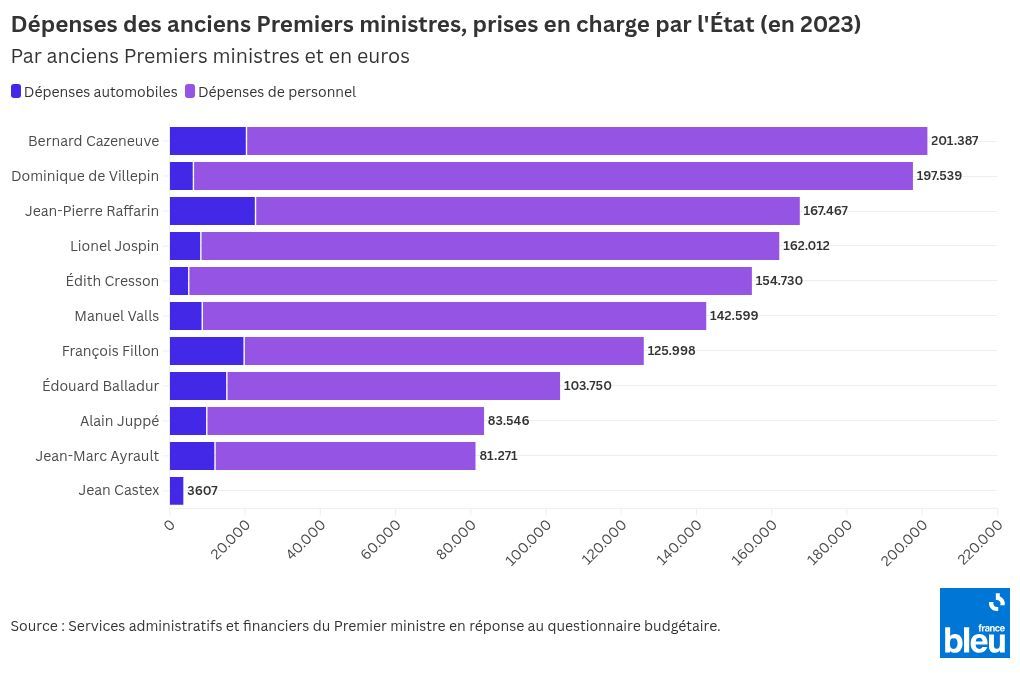
According to Matignon's figures, Bernard Cazeneuve, the most short-lived Prime Minister of all, in office for five months under François Hollande, cost the State precisely 201,387 euros in 2023, compared to 218,937 in 2022. Dominique de Villepin, tenant of Matignon for almost two years under Jacques Chirac, was the second biggest spender: nearly 197,540 euros in 2023, against 131,201 euros in 2022. Jean-Pierre Raffarin, head of government for three years under Jacques Chirac, comes in third place with 167,467 euros in 2023, against 148,031 euros the previous year.
Jean Castex, Emmanuel Macron's Prime Minister for almost two years, who managed the Covid-19 crisis, was by far the least spender with 3,607 euros of public money spent in 2023 compared to 7,849 euros in 2022.
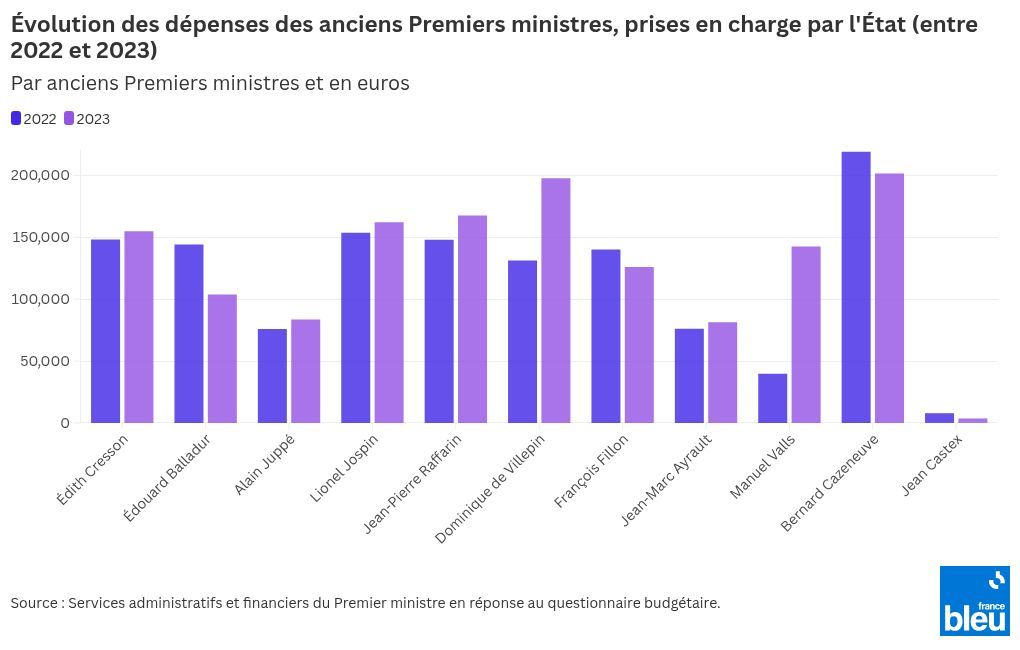
The report does not take into account the costs linked to the police protection which is granted to the former tenants of Matignon if they wish it, “without time limit” et “by virtue of an unwritten republican tradition”, underlines the text. The Ministry of the Interior indicated the cost of this police protection in a response to a written question from an MP in June 2020. It said thatin 2019, “the cost of protecting former Prime Ministers amounted, for the protection service, to €2,802,903, including payroll, overtime, mission costs (transport, accommodation and catering) and vehicles (purchase, maintenance, repair, fuel and toll)”.

